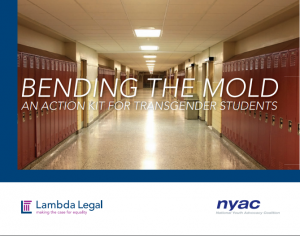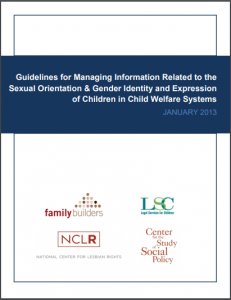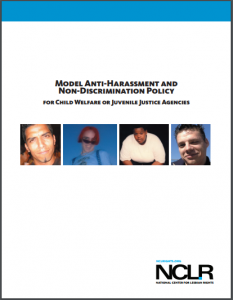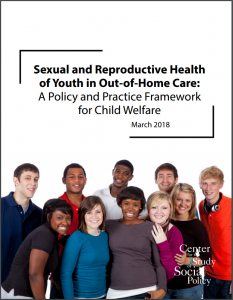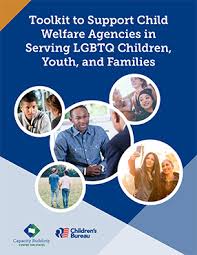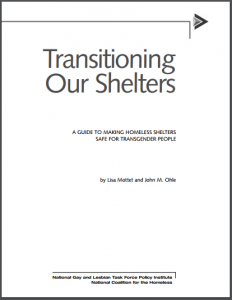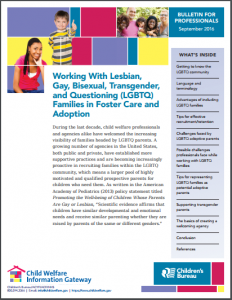This toolkit is designed to assist transgender, gender non-conforming, questioning, and ally students to make school a safer place. Resources include how to advocate for change as well as an extensive list of resources to help you connect with the transgender community and find support.
Lambda Legal & National Youth Advocacy Coalition



